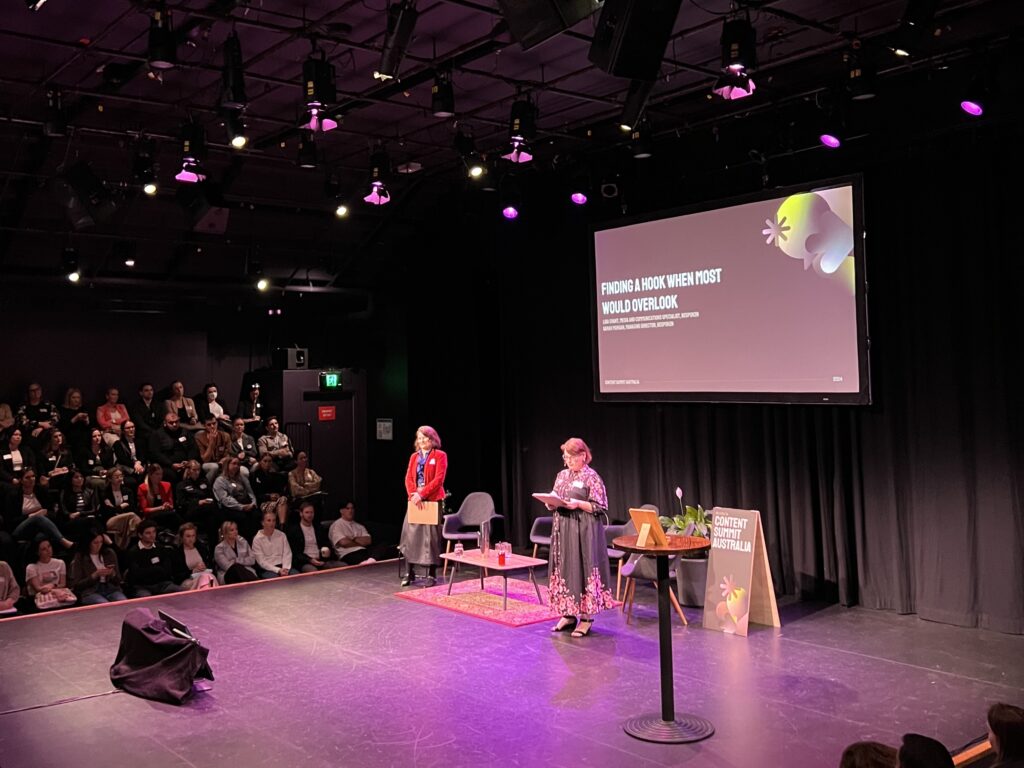Clients often ask us to what extent stakeholder engagement is needed on projects requiring regulatory consent, where stakeholder activism can delay or threaten approvals.
It’s the classic dilemma for project managers of commercial-at-risk projects, especially within the resources, property and urban development sectors. There is so much at stake, such as land holding costs and approvals-related expenses.
Viable projects need certainty for investors, cost containment in the planning and approvals phase, low regulatory resistance and speed to market. Stakeholder support is often necessary; however, a number of our clients express their frustration about their experience with stakeholder engagement.
On previous projects they have proactively and respectfully involved stakeholders while they explain the purpose and merits of their projects. It is then that they begin to experience organised, informed resistance and detect new levels of hesitancy among elected representatives and decision makers. It seems a perverse outcome!
The safer alternative, they reason, is to prepare high-quality development applications, liaise professionally with the approval agency and then try to progress as quietly as possible through the public consultation phase. Then, hopefully, with such a low profile there is limited public review and complaints, with a greater likelihood of timely project approval. This is a completely rational and reasonable thought process.
So why, our clients ask, should they involve stakeholders, which will likely increase protest risks and commercial threats to the project, including delays? It’s a really thorny question.
Stakeholder concern and protest are latent risks within every project. It’s up to the project manager as to when to deal with this risk. Proponents have the option of dealing with stakeholder concern proactively and professionally early in the planning approvals phase.
The reality is, low stakeholder awareness about a high-profile project is generally a personal hope, not a professional strategy, especially in the digital era.
Many resident associations and development interest groups register for email alerts when development applications are listed with planning authorities. All development application projects are listed on-line. All project managers should thereby anticipate stakeholder interest.
We recommend dealing with risk early through a considered stakeholder engagement strategy. This involves identifying all stakeholders – including likely protestors – and their interests. Identify likely project concerns such as increased traffic, environmental impacts etc., mitigate these as appropriate, prepare key messages and schedule informal meetings.
Don’t lead with issues obviously, but tackle concerns with positive, factual information. This approach is intended to avoid major controversy following a development application and during the statutory community consultation that normally follows. If there are unmanaged issues during these project phases there are likely to be more negative submissions, leading to more onerous development conditions.
Based on our experience over 20 years, we always prepare for a protest component within any project. Complainants will become aware of “development” projects and act on their concerns. This will include representations to local elected representatives who they expect to place under pressure, and written objections. Neighbours close to the project, who can be more directly impacted, will be disaffected if they don’t hear directly from the proponent and this can generate criticism and hostility. There are many reasons to get out there early and introduce your project on your terms.
As an example, we worked on a development project that would result in some local residents experiencing an increase in traffic and noise. As a team we agreed we would undertake early proactive engagement. We took on the risk of community concern and resistance early and undertook engagement to explain the necessity and benefits of the project.
Yes, there were complaints. However, the approval agency appreciated we had accepted responsibility for our project, where we respectfully listened and responded to stakeholder concerns.
The approval agency appreciated they weren’t wedged between a keen project proponent and an angry community.
The majority of concerns were dealt with early, through direct delivery of facts, rather than escalation of issues because of lack of factual information and suspicion, or the spreading of misinformation on social media. Our project and construction manager attended all meetings to answer questions directly.
We accepted that stakeholders could reasonably support or object to the project on the basis of scope, but we could reduce the potential for issues based on misinformation and misunderstanding. We successfully contained many potential issues through direct, personal contact, and the project was eventually well accepted.
When we evaluated this project with the client, they agreed they would always bring potential issues forward to seek resolution early. They felt more in control and prepared for complaint rather than back-pedalling when in crisis management mode.
This may work for you too.
This is just part of a much larger discussion, as there are many facets to effective stakeholder engagement.



